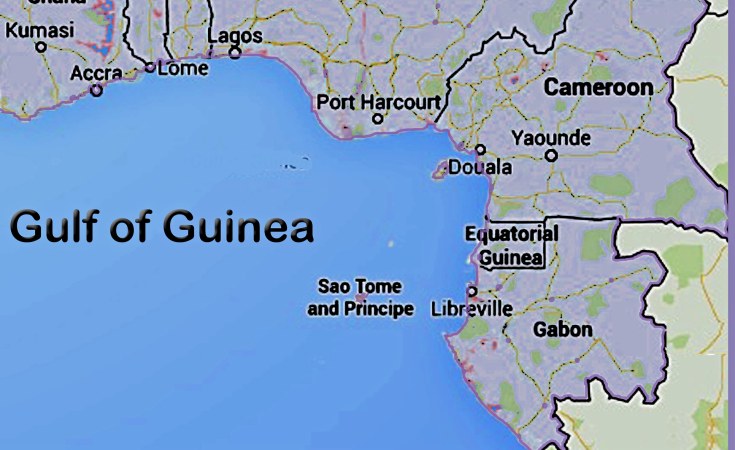Yaounde, Cameroon — Hundreds of merchants gathered Friday in Kye Ossi, a Cameroonian town on the border with Gabon and Equatorial Guinea, to protest travel restrictions imposed since an outbreak of the deadly Marburg virus. They say the restrictions are suffocating trade and violate a Central African regional agreement on the free movement of people and goods.
Cameroonian merchant Kema Godlove imports vegetable oil, skin moisturizers and perfumes from Equatorial Guinea, and exports cement and tiles to Equatorial Guinea and Gabon.
Kema said within the past 10 days, merchants have found it difficult to cross the borders between the three countries.
"Business people who leave Cameroon to meet their partners coming from Equatorial Guinea or from Gabon, they would definitely not come, so it affects the economic activities of Kye Ossi," Kema said Friday on Cameroon state broadcaster CRTV. "Actually, when borders are locked up, people relocate to different areas while waiting for the borders to be reopened, because when the borders are not open, businesses, everything is almost paralyzed."
He said some merchants have either sold their goods at giveaway prices or distributed perishable food items like fruits and vegetables, so they don't go to waste.
Kema said it would be better for governments of the three border states to keep the borders open for merchants and restrict only mass movement of people.
The merchants say by restricting the movement of people, Cameroon, Gabon and Equatorial Guinea are disrespecting a regional agreement among countries of the Central African Economic and Monetary Community, CEMAC.
Under normal circumstances, several hundred merchants cross borders to Gabon, Equatorial Guinea and Cameroon each day to do business.
Cameroon and Gabon stepped up border security on February 13 after Equatorial Guinea confirmed an outbreak of the Marburg virus.
Last week, authorities in Equatorial Guinea reported that Marburg had killed nine people. The World Health Organization said the death toll may be as high as 20.
Manouda Malachie, Cameroon's minister of public health, said that for now, travel restrictions will be maintained.
Manouda said although Cameroon and Gabon have not confirmed cases since neighboring Equatorial Guinea reported a Marburg spread, the three states decided to strictly control movements across their common borders because the virus is extremely dangerous and highly contagious. He said it is the duty of all states to protect citizens from diseases and hardship.
The Cameroon government says merchants should present themselves to border surveillance teams of health workers and police to facilitate the movement of goods.
On February 15, Cameroonian authorities said two cases of Marburg disease were detected on its southern border with Equatorial Guinea.
Cameroon says it has been struggling to contain a cholera and yellow fever outbreak and COVID-19, and will do everything possible to protect its territory from Marburg.
The highly infectious disease is similar to Ebola, with symptoms including fever, muscle pains, diarrhea, vomiting and, in some cases, death through extreme blood loss, according to the World Health Organization.


